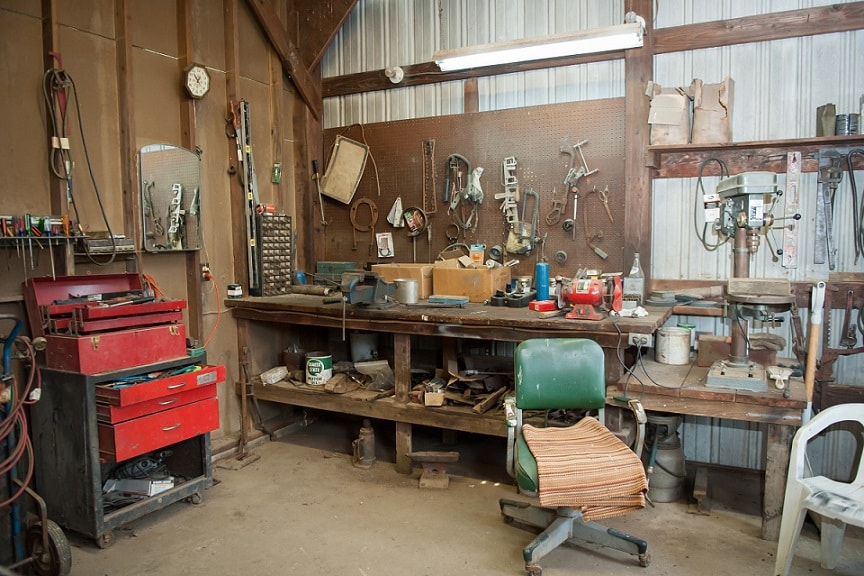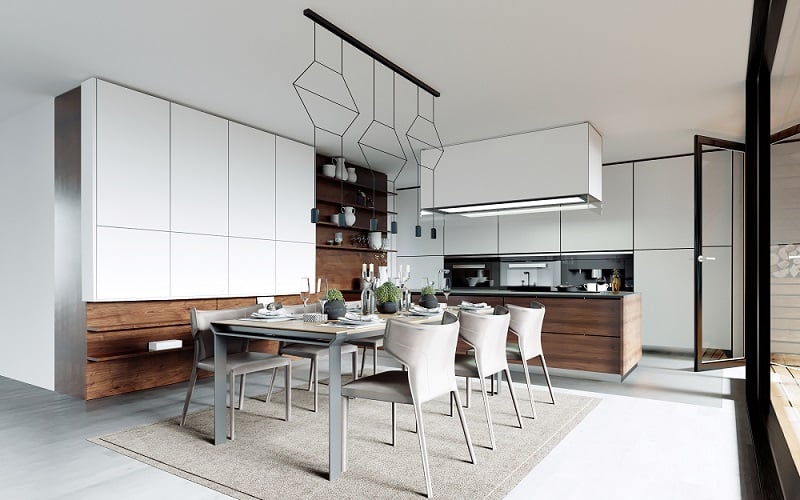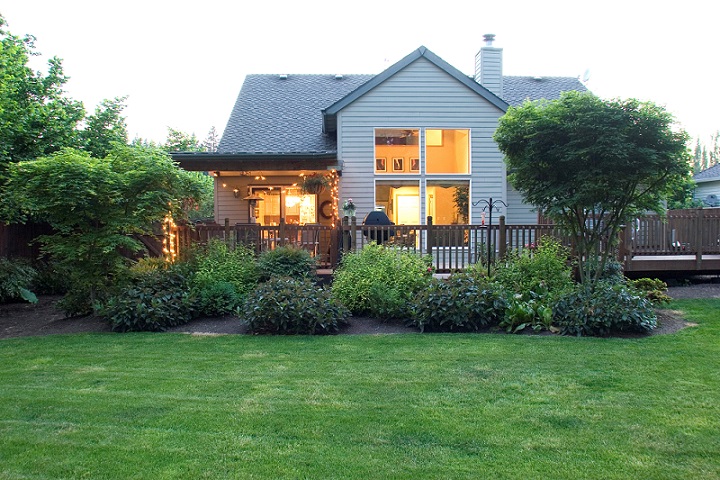
Remember when a garage was used for parking your car and storing your tools? You can return to this idea with a little thought and plenty of organisation.
The New Oxford Dictionary of English defines a garage as: “a building or shed for housing a motor vehicle or vehicles”. But if the current trends of storage continue, this may need to be updated.
Take a drive around most neighbourhoods and many cars are parked in the driveways.
The reason? Many garages are chock-full of boxes and storage items that take up space usually reserved for cars.
The best-case scenario is you’re paying a premium for storage, and many would argue you’re paying even more for owning too much.
At worst, your expensive vehicles are being devalued by being exposed to the elements; you’re putting them at risk of being broken into, and you’re still paying too much for storage and clutter.
Universal over-storage issue
Thankfully, we are not alone. The experience here mirrors global trends.
Becomingminimalist.com reports that one-quarter of people with double garages have so much stored in there that they can’t park a car.
Consequently, a group known as the National Association of Professional Organisers says homeowners spend one year of their lives looking for lost items! Creators of thefuntimesguide.com believe the accumulation of “stuff” is at the heart of the issue.
Despite around 53 per cent of UK households having access to a garage, only 24 per cent use them for parking cars. And while around 82 per cent of US homes have two-car garages or larger ones, only 15 per cent use them to park the car inside.
It’s a similar scenario in Australia and New Zealand.
So, what’s the solution?
How to tackle garage clutter
To understand how best to tackle the issue of clutter and keep the peace at home, you must first outline what the garage needs to be used for.
Most people use it for parking the car and storage, but the garage is also used for hobbies and do-it-yourself projects, such as working on cars, woodworking or carpentry, or as an area for exercise or sports.
Once the uses have been determined, homeowners are urged to employ a four-step process to restore the garage to its main aims.
By developing a game plan, taking pride in the garage, eliminating waste and maximising space, the task of organising a garage should be so much easier.
Zone division: designed to organise
Divide your garage into “zones”, with specific areas for lawn and garden equipment, sporting goods, tools and other hobbies.
Once a plan is established, it is much easier to begin the organisation process. An easy-to-use design tool is available at www.gladiatorgw.com to help envisage how their space can be better organised.
Second, take as much pride in the storage of your valuables as the valuables themselves.
Given that clutter is one of the biggest issues, the next step is to eliminate waste and remove as many unused items as possible.
Holding a garage sale or dropping off boxes at an op shop are great ways to recycle unused items.
As always, homeowners should safely dispose of old paint tins or oils.
Last but not least is to maximise the available space. Using wall space to organise tools and high-use items is one of the simplest ways to increase floor space and restore order.



